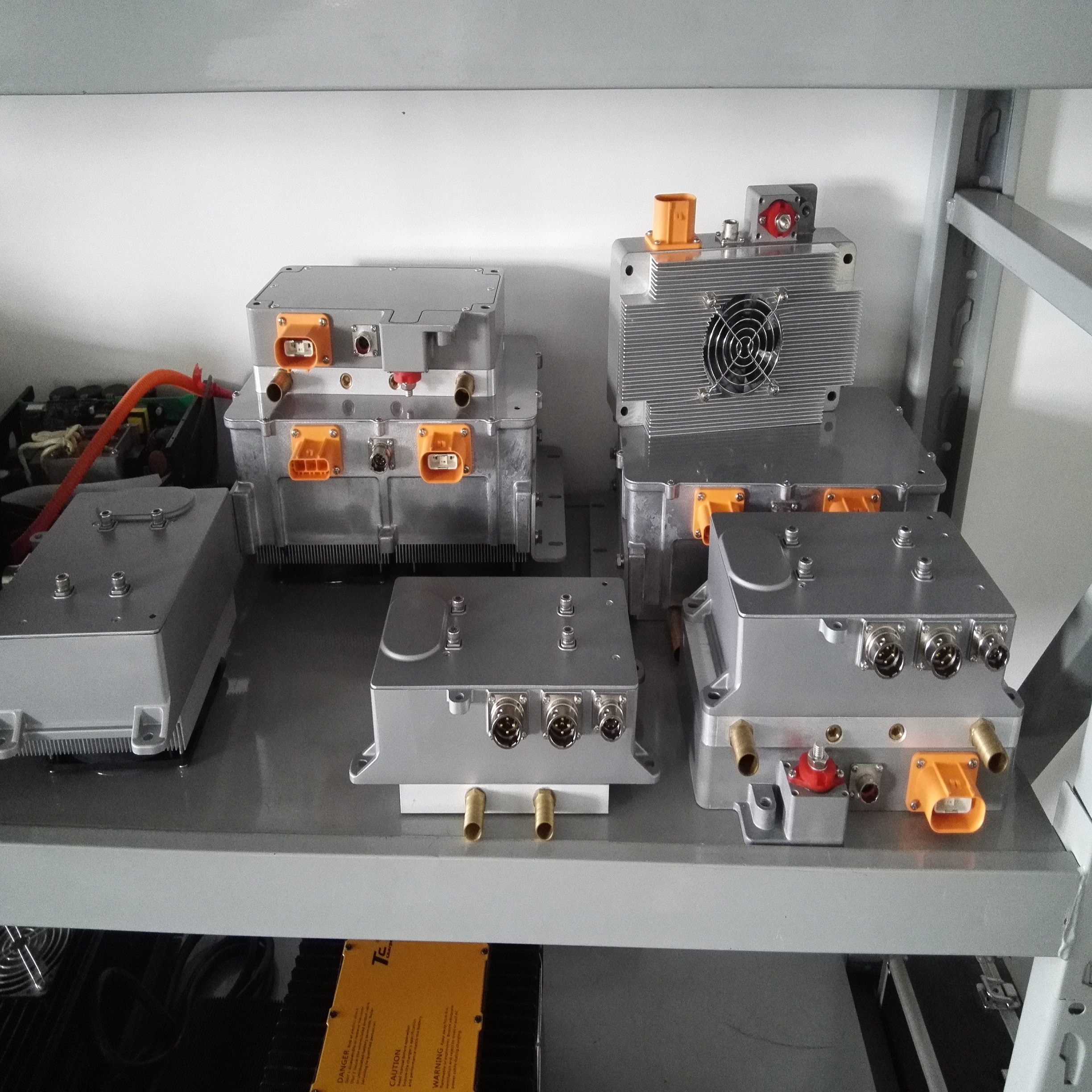Lithium-ion battery have become the standard for powering portable electronic devices, electric vehicles, and renewable energy storage systems. However, these battery require specific chargers to maintain their performance, safety, and lifespan. In this blog post, we will discuss how to choose a suitable lithium battery charger that matches your device or application requirements.
Battery chemistry and capacity
The first step in selecting a lithium battery charger is to determine the type of battery you are using. Lithium-ion battery come in various chemistries such as Lithium Cobalt Oxide (LCO), Lithium Manganese Oxide (LMO), Lithium Iron Phosphate (LFP), and Lithium Nickel Cobalt Aluminum Oxide (NCA). Each chemistry has a specific voltage range and charging algorithm, which must be followed to avoid overcharging, undercharging, or damaging the battery.
The second consideration is the battery capacity, usually measured in ampere-hours (Ah). A charger must provide enough current to charge the battery within a reasonable time without overheating it. A rule of thumb is to choose a charger with a current output of 10-20% of the battery capacity. For example, a 10Ah battery would require a charger with a current output of 1-2A.
Charging voltage and current
The charging voltage and current are critical parameters that determine the charging time, efficiency, and safety of the battery. Most lithium-ion battery have a maximum charging voltage of 4.2V per cell, and exceeding this limit can cause thermal runaway, fire, or explosion. Therefore, a suitable charger must have a voltage limit that matches the battery voltage.
The charging current, on the other hand, determines how fast the battery charges. However, a high current can generate heat and stress the battery, reducing its lifespan. Therefore, it is essential to choose a charger that provides a current within the battery manufacturer’s recommended range. Additionally, some chargers have adjustable current levels, allowing you to balance between speed and safety.
Charger type and features
There are various types of lithium battery chargers, each with its pros and cons. The most common types include:
AC/DC chargers: These are simple chargers that connect to a wall outlet and provide a fixed voltage and current output. They are suitable for low-capacity battery and budget applications but may lack safety features such as overcharge protection.
Smart chargers: These are more advanced chargers that use microprocessors to monitor and control the charging process. They can adjust the charging current, voltage, and duration based on the battery’s status and provide features such as overcharge protection, reverse polarity protection, and temperature monitoring. They are suitable for high-capacity battery and demanding applications but may be more expensive.
Solar chargers: These are chargers that use solar panels to convert sunlight into electrical energy and charge the battery. They are suitable for outdoor and off-grid applications but may be slower and less reliable in cloudy or shaded conditions.
Additionally, some chargers may have additional features such as LCD displays, USB ports, battery diagnostics, and programmable charging profiles. These features may add convenience and customization options, but also increase the cost and complexity of the charger.
Safety and certification
Finally, it is essential to choose a lithium battery charger that meets safety and certification standards. Lithium-ion battery are prone to thermal runaway, short-circuiting, and other hazards if not charged properly. Therefore, a suitable charger must have safety features such as overcharge protection, short-circuit protection, and temperature monitoring.
Furthermore, a certified charger ensures that it meets industry standards for performance and safety, such as UL, CE, FCC, and RoHS. A certified charger also provides legal and warranty protections, giving you peace of mind.
